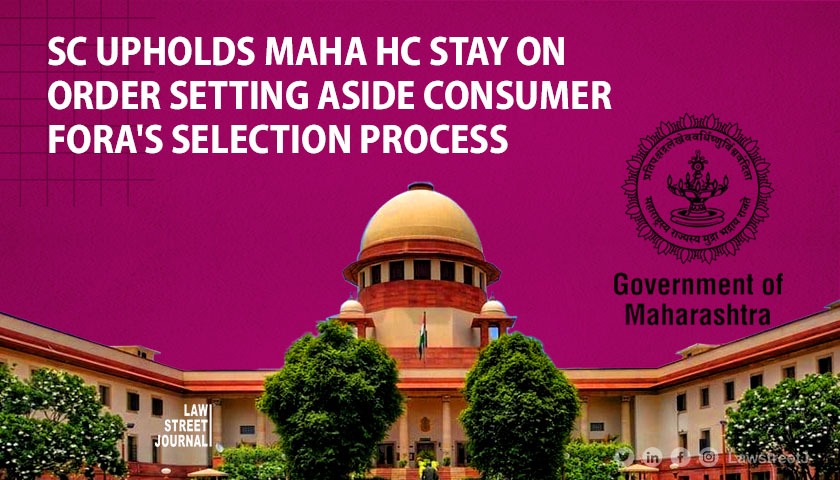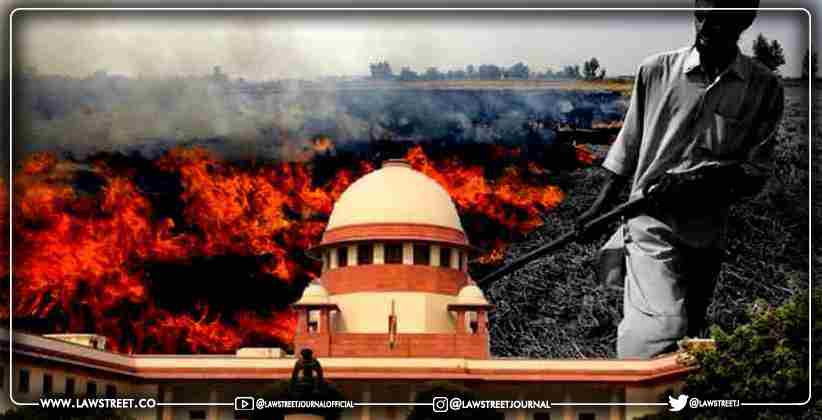NEW DELHI: The Supreme Court has approved the stay put by the Bombay High Court upon its own judgement, which quashed the selection process made by the Maharashtra government for appointment to the State Consumer Disputes Redressal Commission and District Consumer fora.
A bench of Chief Justice of India D Y Chandrachud and Justices J B Pardiwala and Manoj Misra said that as the appointments have already been made, the persons working at present would stand to be removed as a consequence of the judgment of the High Court.
"We direct that the interim stay which was granted by the High Court shall continue to remain in operation till November 24, 2023," the bench said.
The Court was informed that the appointments were made by the state government on October 5, 2023 after the judgment was reserved by the High Court on September 01, 2023 but before it was pronounced on October 20, 2023.
In its November 10 order, the Court had issued notice to Mahendra Bhaskar Limaye and others who filed the plea in the High Court, after hearing both the sides.
One Ganeshkumar Rajeshwarrao Selukar and others questioned the validity of the High Court's judgement of October 20, 2023, by filing a Special Leave Petition (SLP).
Appearing for the petitioner, Advocate Nishant R Katneshwarkar and Advocate Uday Warunjikar for the state submitted that the Maharashtra government also filed a petition against the the High Court's judgment.
The bench said, "The High Court was of the view that it was not open to the state government to enhance the number of questions in Paper-II from one essay to two essays and one case study to two case studies".
The state government had directed that one of the essays and one of the case studies would have to be answered in Marathi. While the case of the petitioners is that this was legitimately done by the state government to ensure proficiency in the language of the state, the submission which has found favour with the High Court is that this was contrary to the directions of the Supreme Court under Article 142 of the Constitution, the bench noted.
Upon a caveat, a counsel for the original petitioner before the High Court submitted that the state government erroneously reduced the total number of marks from 100 marks for Paper-I prescribed by the directions of the Supreme Court under Article 142 of the Constitution to 90 marks, on the ground that certain questions were erroneously framed.
He submitted that even if that be so, the appropriate course of action would have been to allocate the marks pro rata to the remaining questions.
The High Court had further said that the composition of the Selection Committee was not in conformity with the previous judgments of the Supreme Court since the panel consisted of only one nominee of the Chief Justice and two representatives of the state government, the bench noted.
The Court said the issues raised by the petitioner would require further deliberation and fixed the matter for further hearing on November 24.






![Order to appoint One Man Committee of Justice (Retd.) Lokur for the Prevention of Stubble Burning Kept in Abeyance by SC itself [READ ORDER]](/secure/uploads/2020/10/lj_8849_Order_to_appoint.jpeg)









